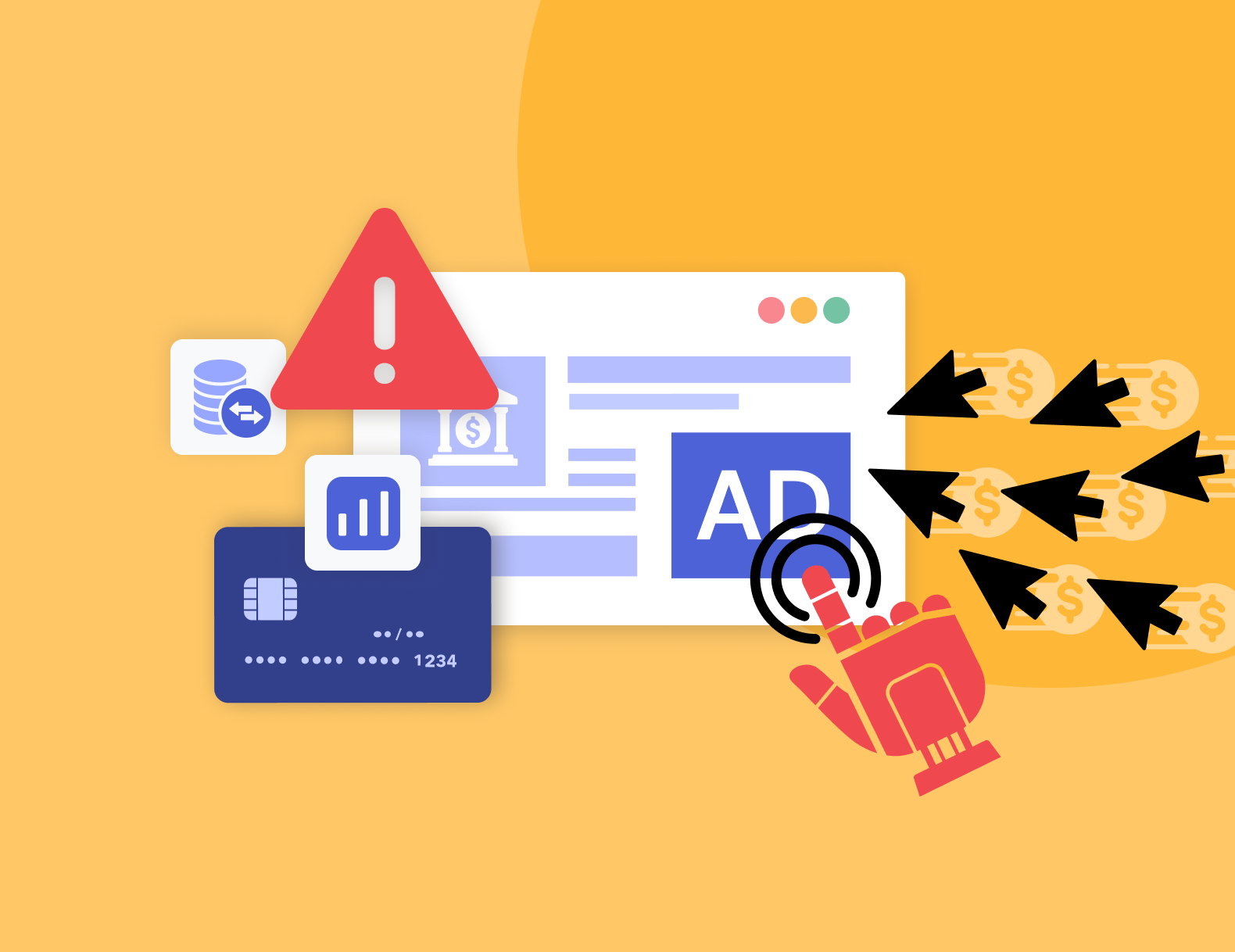Why Digital Marketing Agencies Need Click Fraud Protection

The digital marketing landscape is competitive, fast-moving, and increasingly performance-driven. For agencies managing large volumes of client media spend, there is a silent threat draining ROI and distorting results: click fraud.
Invalid clicks from bots, click farms, competitors, and accidental engagements eat into budgets, skew campaign data, and compromise client trust. Click fraud affects 14% of all PPC clicks globally and is projected to cost advertisers $100 billion by 2025. For agencies managing serious ad spend, protecting campaigns is no longer optional. Agencies need click fraud protection to deliver reliable performance, build lasting relationships, and scale profitably.
3 Reasons Why Digital Marketing Agencies Need Click Fraud Protection
1. Impress Clients with Authentic Results
Clients don’t just want results, they want to trust them. By blocking invalid traffic before it hits your campaigns, platforms like TrafficGuard ensure your performance metrics reflect real user engagement, not inflated click counts.
This enables more accurate optimisation, smarter budget allocation, and ultimately stronger ROI. In one case, an agency using TrafficGuard saw a 20% increase in return on ad spend (ROAS) by removing non-genuine clicks from their data.
Clean data doesn’t just help with campaign performance, it builds trust. When clients know their results are verifiable, your agency becomes a long-term partner, not just another service provider.
2. Scale Campaigns Without Wasted Budget
Expand reach without increasing risk
Scaling client accounts often means bigger budgets and broader targeting. But broader reach attracts more fraud. Without active click fraud protection, scaling becomes expensive and risky.
TrafficGuard automatically prevents click fraud in real time across search, affiliate, app, and social campaigns. This gives agencies the confidence to scale campaigns without fearing performance dilution or wasted spend. For a deeper dive into tactical steps your team can take, explore our guide on 7 effective ways to stop click fraud in your campaigns.
With full visibility into invalid traffic levels and blocked click types, agencies can demonstrate accountability while confidently handling large budgets across channels.
3.Simplify Campaign Management
Reduce manual IP exclusions and review time
Manually identifying and excluding fraudulent IPs is time-consuming and error-prone. Most teams don’t have the bandwidth to chase down every anomaly or suspicious pattern.
With TrafficGuard, IP exclusions are handled automatically in real time through proactive invalid traffic filtering. This reduces review time and lets teams focus on strategy instead of chasing fraudulent activity.
Automate fraud protection and optimisation
TrafficGuard’s click fraud prevention software runs continuously, automatically blocking invalid clicks before they impact your results. This enables real-time protection while feeding clean data back into your ad platforms.
For agencies, this means smarter bidding, more efficient optimisation loops, and less manual intervention. Campaigns can be left to run with confidence, knowing fraud protection is baked in.
Why Agencies Trust TrafficGuard
1. Seamless integration with Google Ads and Meta
TrafficGuard integrates directly with major ad platforms like Google Ads and Meta. There is no need to reconfigure your client workflows or interrupt existing campaign structures.
Setup is straightforward, and protection begins immediately—whether your agency is running search, display, Performance Max, or paid social campaigns.
TrafficGuard for Google Search and TrafficGuard for Meta give agencies real-time analytics, invalid traffic insights, and proactive blocking.
2.Real-time protection and client-ready reporting
Campaign reporting is simplified with live dashboards, downloadable reports, and fraud breakdowns by source, channel, and type.
This makes it easy to prove the value of your service and back up your results with clean, verifiable data. No more last-minute reconciliations or awkward conversations about wasted spend.
Clients can see exactly how much budget has been protected, what threats were blocked, and where optimisation opportunities lie.
3. Maximise results by eliminating wasted spend
By cutting off invalid traffic at the source, TrafficGuard frees up more of your client’s budget to reach real customers - those who engage, convert, and grow lifetime value.
Rather than chasing superficial metrics like clicks, you’re driving meaningful results by focusing spend where it counts. Less waste, more impact.
4.A new service to grow your revenue
Adding ad fraud protection to your paid media offering is a value-add clients are willing to pay for. It positions your agency as proactive, data-driven, and invested in transparency.
Whether you offer it as a managed add-on or as a stand-alone audit and protection service, it’s a smart way to drive new revenue while strengthening client trust.
FAQ & Key Takeaways
- What is click fraud and how does it affect agencies?
Click fraud refers to invalid or deceptive clicks on ads that do not come from genuine users. It affects agencies by draining budgets, skewing campaign data, and reducing overall performance.
- How does TrafficGuard help prevent click fraud?
TrafficGuard uses real-time behavioural signals and multi-point verification to automatically detect and block fraudulent traffic across Google Ads, Meta, and other platforms.
- Why should agencies offer fraud prevention as part of their service?
It adds measurable value to your PPC offering, protects client ROI, strengthens trust, and sets your agency apart from competitors.
Get started - it's free
You can set up a TrafficGuard account in minutes, so we’ll be protecting your campaigns before you can say ‘sky-high ROI’.
Explore More Blogs
Subscribe
Subscribe now to get all the latest news and insights on digital advertising, machine learning and ad fraud.








